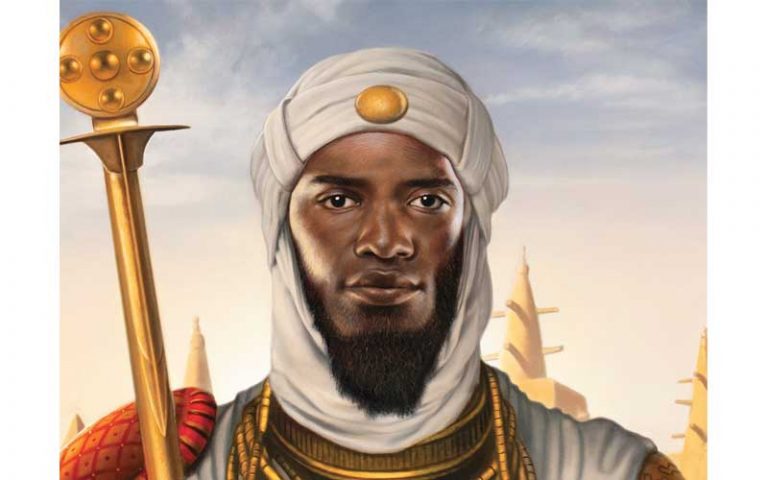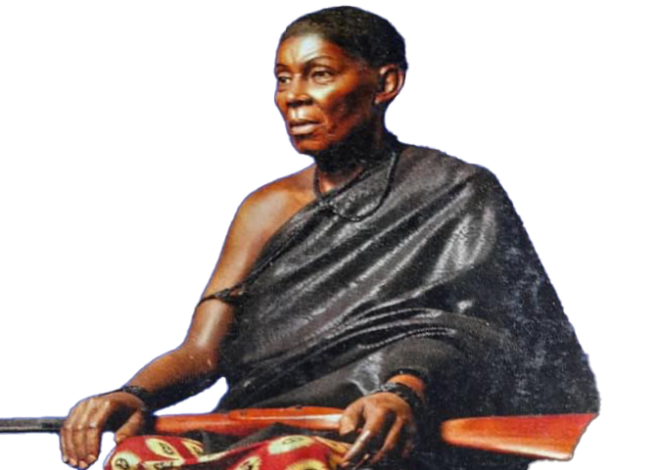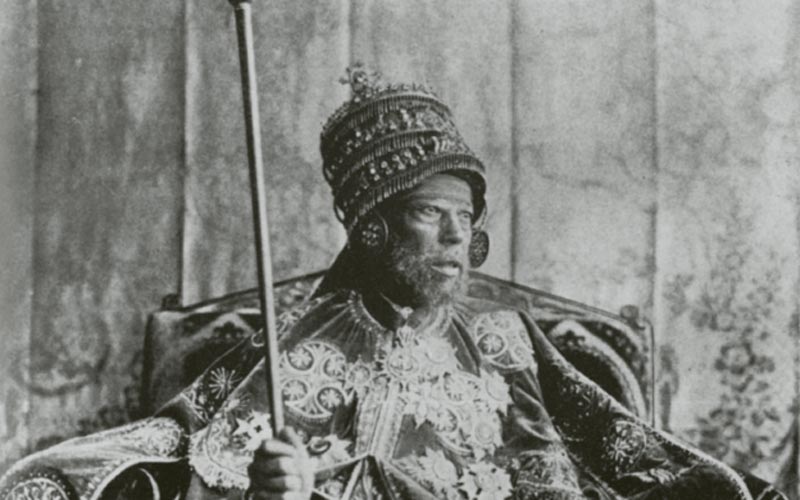
Mansa Musa I of Mali
With a compelling background, an emperor with his name etched on the sands of time, the great Mansa Musa I of Mali, a black African, is the wealthiest man ever lived in the entire human history. In records of the past, the Mali King controlled unprecedented massive fortune worth over $400 billion – there was no way to establish the exact measure of his stupendous wealth.
Further records show emperor Musa’s enormous wealth majorly came from constructions, which include mosques, madrasas, and universities, many of which are still in operation today. On the list of his accomplishments is the famous University of Sankore built during his time.
Mali grew under Musa and expanded with over 400 bustling cities. Muslim scholars from abroad flocked the University of Sankore to study, Mansa Musa controlled man and time, having expended fortunes to add quality of life and values to several urban centers, including Timbuktu, which was massively loftier than many parts of the world at the time.
The city of Timbuktu attracts people from different parts of the world due to the availability of jobs, and Musa’s sole control of the salt and gold markets. He controlled half of the entire world’s salt supply. Traders from as far as Europe – Venice, Granada, Genoa, and others made frequent trips to his Kingdom in Africa, which added to his authority in dictating prices as high as he wanted.
Further digs showed Musa, in 1324, had a procession of 60,000 when he traveled throughout his entire kingdom en route Mecca, in the Kingdom of Saudi Arabia. About 12,000 of the people in his march carried four-pound bricks of gold, which he gave out to every less privileged he came across in his journey.
Consequently, his generosity devalued gold trades in Cairo, Mecca, and Medina, and history further revealed Mansa Musa, as a result of this, borrowed as much gold as he could at a very high rate from lenders in Cairo. Mansa Musa subsequently inherited the throne when Abubakari II, who had visions of exploring the far reaches of the Atlantic Ocean, went on an expedition and never returned. Mansa Musa became the tenth Mansa, which translates to “sultan,” “conqueror,” or “emperor,” a wealthy empire in Africa.
As at the time he rose to the throne, the Malian Empire had territories formerly belonging to the Ghana Empire in present-day southern Mauritania and Melle (Mali).
The great Mansa Musa, a warrior, conquered about 24 cities with surrounding districts, which included villages and estates. Musa held many titles, including “Lord of the Mines of Wangara,” “Emir of Melle,” “Conqueror of Ghanata” among over dozen others.
Records of Mansa Musa’s death vary amid several accounts. However, his son, Mansa Maghan, ascended the throne and became ruler of the Mali Empire in 1332. Although Mansa Musa’s period of rule is recorded as 25 years, the exact year of his reign is not ascertained because the date of his resignation or death remains inexplicit.
What history has shown clearly is that one man – Mansa Musa, lived and single-handedly controlled a stupendously wealthy empire with multiple major trading ports for over two decades. He was not only the richest man ever lived but arguably the most powerful.


